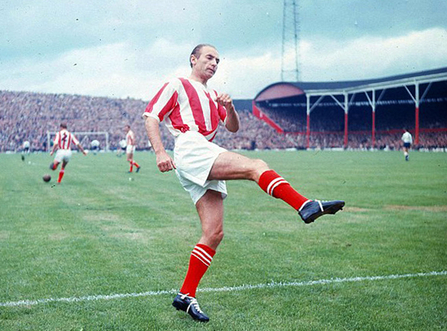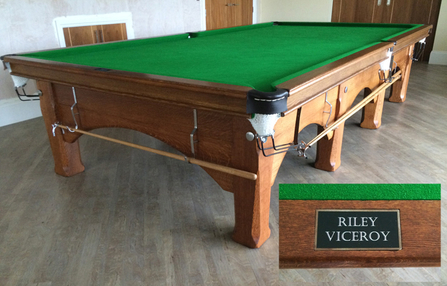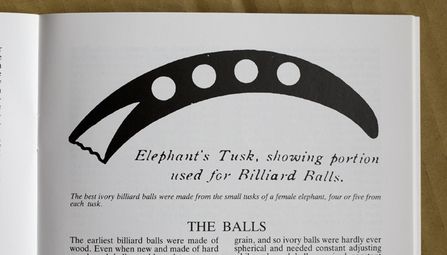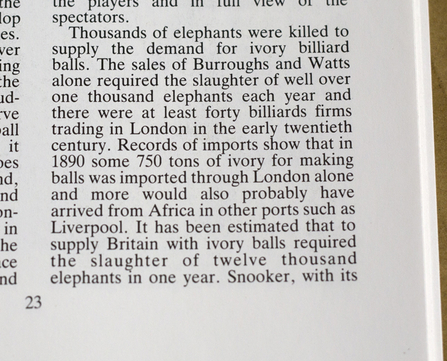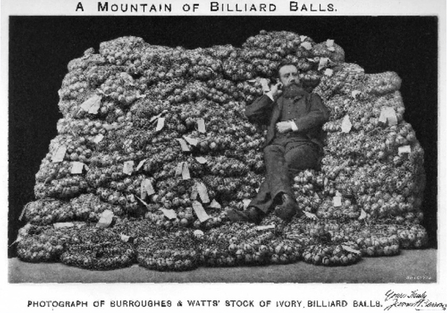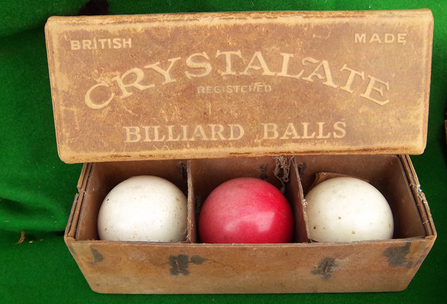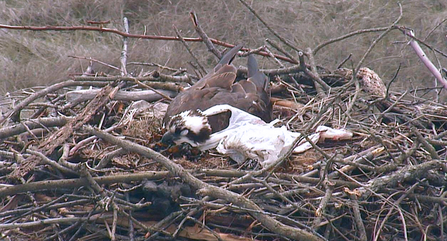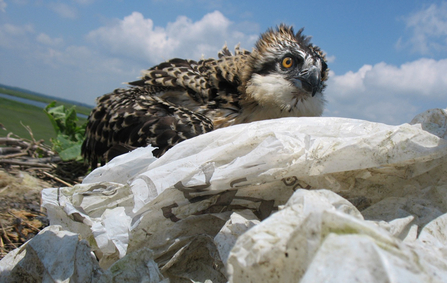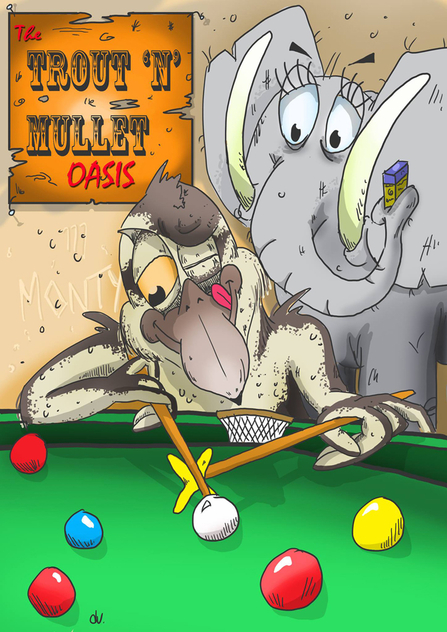Next week I turn 50 years old. I'm really looking forward to it.
I was born in 1965 - the year Winston Churchill died, J K Rowling was born, the Great Train Robber Ronnie Biggs escaped from Wandsworth Prison and fled to Brazil, and the year footballer Sir Stanley Matthews played his last competitive match for Stoke City. He was also 50 at the time.
Sir Stanley Matthews turns out for his last game for Stoke City at the age of 50 in 1965

